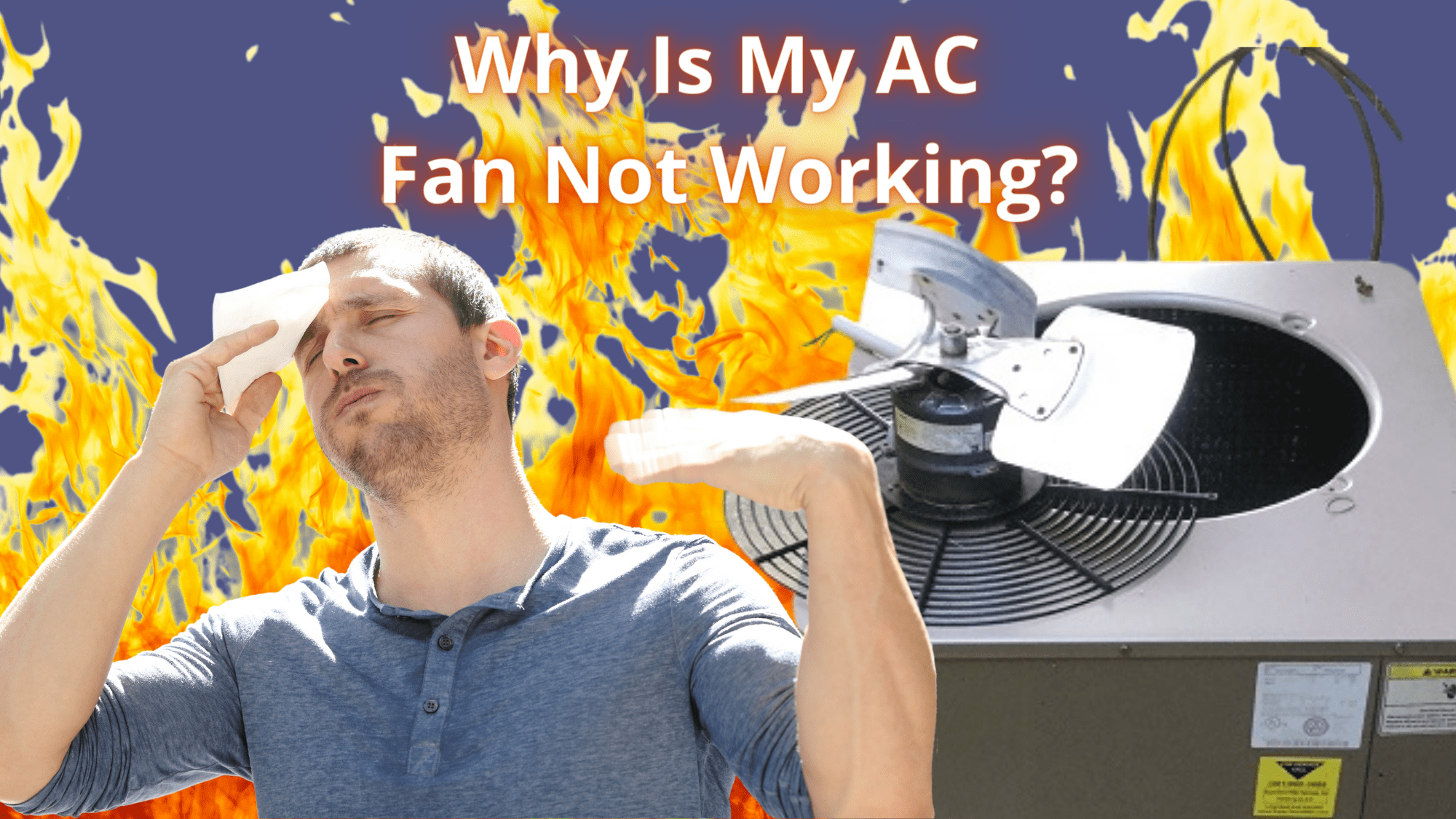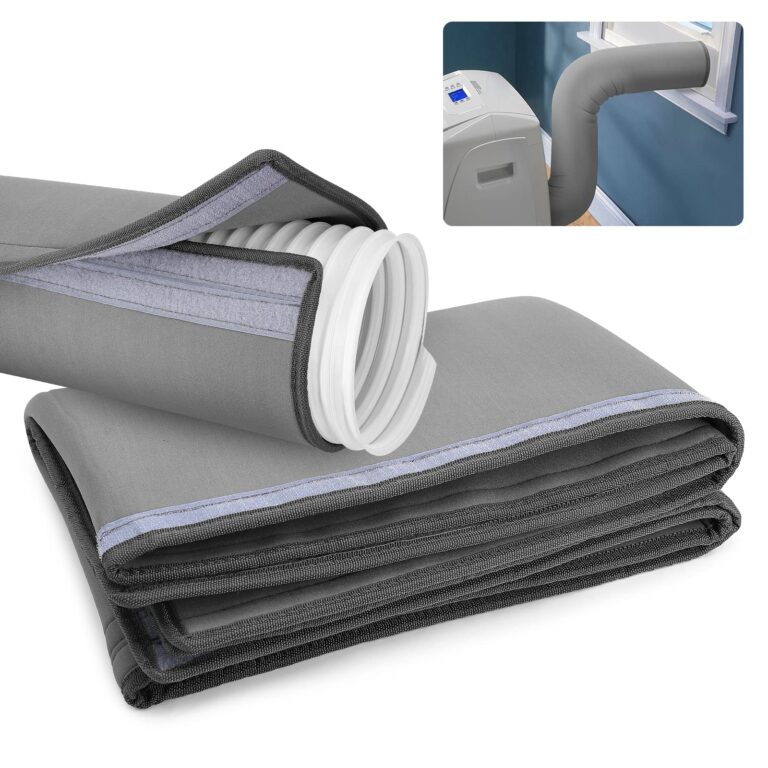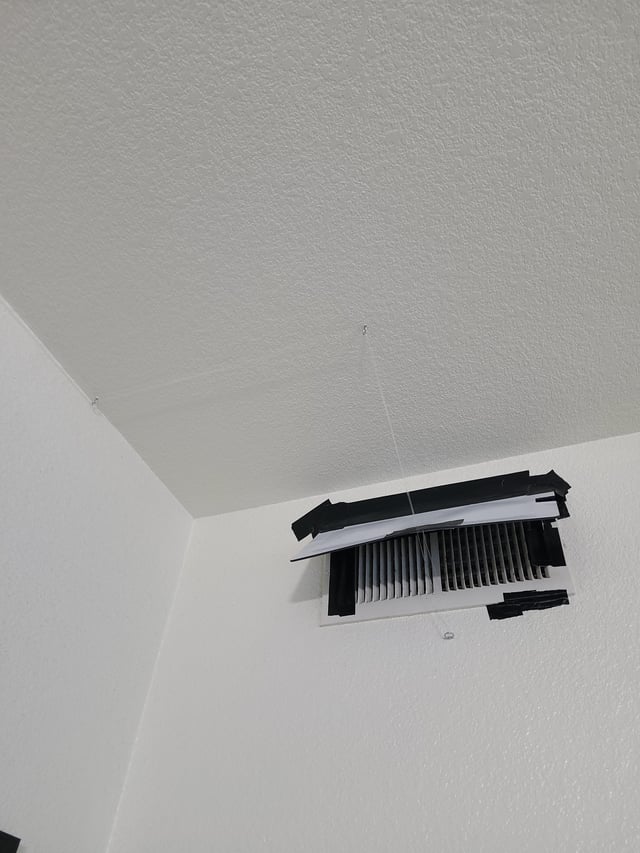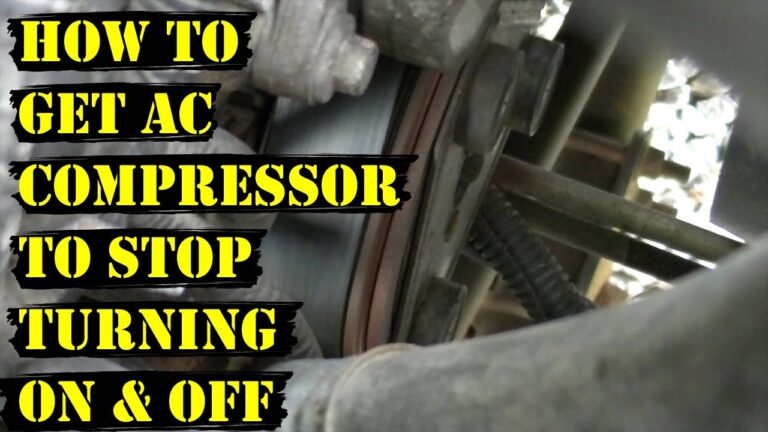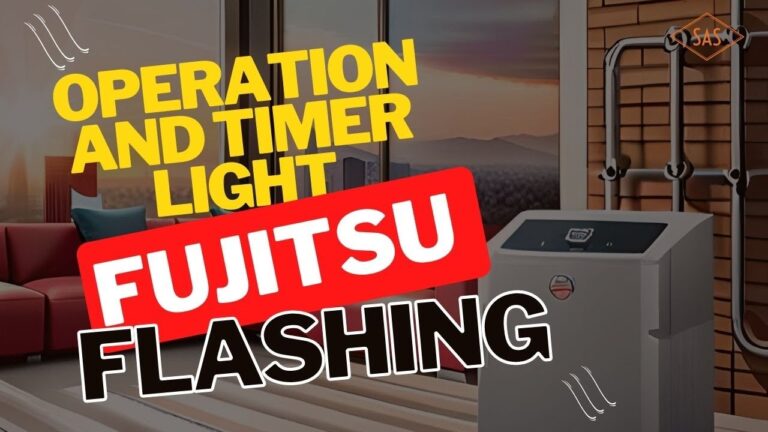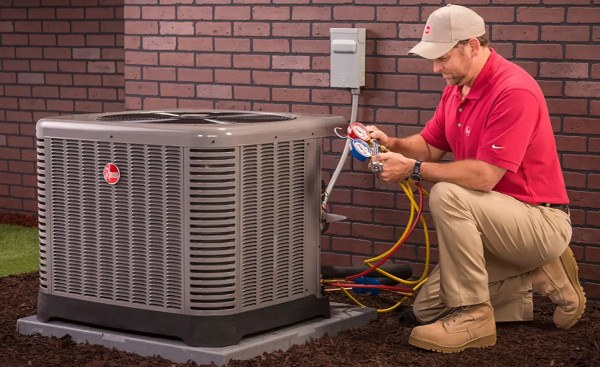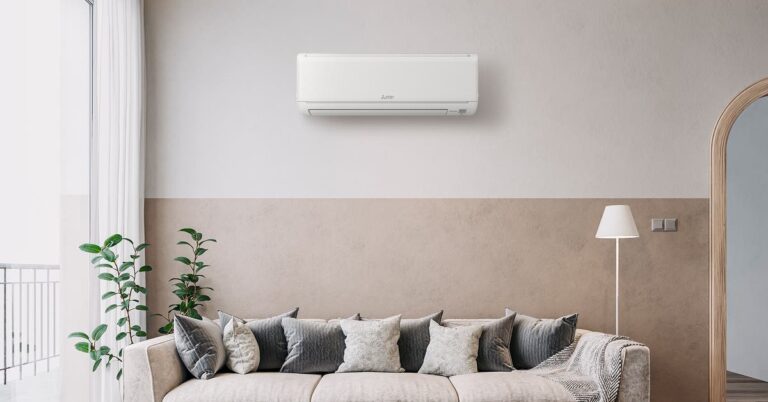Why Is My Fan Not Working On My AC Unit? Troubleshooting Guide
Your AC unit fan might not be working due to a tripped circuit breaker or a faulty capacitor. Another reason could be a broken fan motor.
A malfunctioning fan in your AC unit can lead to inadequate cooling and increased energy bills. Identifying the cause of the problem is crucial for efficient repair. Common reasons for fan failure include electrical issues, such as a tripped circuit breaker or a blown fuse.
Mechanical problems like a broken fan motor or a faulty capacitor can also be culprits. Regular maintenance and timely checks can help prevent such issues. Consulting a professional technician ensures accurate diagnosis and repair, helping you restore comfort and efficiency in your home.
Common Fan Issues
Is your AC fan not working? Common fan issues can cause this problem. Understanding these issues can help you fix your AC unit quickly. Let’s explore some common fan issues.
Electrical Problems
Electrical problems are common in AC units. Faulty wiring can stop the fan. Check for loose or burnt wires. A blown fuse can also cause issues. Replace any blown fuses in the unit. The capacitor might be another culprit. It starts the fan and keeps it running. If it’s faulty, the fan won’t spin. Use a multimeter to check the capacitor’s health. If it’s bad, replace it immediately.
Mechanical Failures
Mechanical failures can also affect the fan. A broken motor is a common issue. If the motor is dead, the fan won’t move. You might hear a humming sound. This indicates a motor problem. Lubrication is essential for the motor. Lack of oil can cause the motor to seize. Use a light oil to lubricate it.
Another mechanical issue is the fan blade itself. Bent or damaged blades won’t turn properly. Inspect the blades for any damage. Replace them if they are bent or broken.
| Issue | Symptoms | Solution |
|---|---|---|
| Faulty Wiring | Loose or burnt wires | Check and repair wiring |
| Blown Fuse | Fan not spinning | Replace the fuse |
| Bad Capacitor | Fan not starting | Replace capacitor |
| Broken Motor | Humming sound | Replace or repair motor |
| Bent Blades | Fan not turning properly | Replace blades |
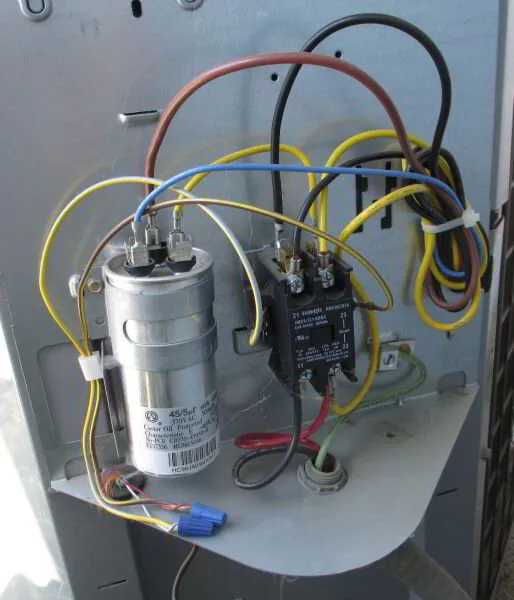
Credit: airandenergynwfl.com
Checking The Thermostat
If your AC unit’s fan is not working, the thermostat could be the problem. It controls the fan and the cooling system. Let’s explore how to check this important device.
Thermostat Settings
First, inspect the thermostat settings. Ensure it is set to “cool” mode. Also, set the fan to “auto” or “on”. Incorrect settings can prevent the fan from running.
- Cool mode: Activates the cooling system and fan.
- Auto mode: The fan runs only when cooling is active.
- On mode: The fan runs continuously.
Battery Life
Next, check the thermostat batteries. Dead batteries can cause the thermostat to malfunction. Replace old batteries to ensure proper operation.
| Battery Type | Average Life |
|---|---|
| AA | 12-18 months |
| AAA | 12-18 months |
Always keep spare batteries handy. A simple battery replacement can solve many thermostat issues.
Inspecting The Circuit Breaker
If your AC unit’s fan is not working, the problem might be with the circuit breaker. Inspecting the circuit breaker is crucial. It helps you determine if the issue is electrical. A tripped breaker can stop your fan from working. Let’s look into this more closely.
Tripped Breaker
A tripped breaker is a common issue. It means the circuit is overloaded. The breaker shuts off to prevent damage. Check your circuit breaker box. Look for any switch in the “off” position. Sometimes the switch is in the middle position. This indicates it has tripped.
Tripped breakers can happen due to several reasons:
- Too many appliances running at once
- Power surges
- Faulty wiring
Make sure to address these issues. It can prevent future trips.
Resetting The Breaker
Resetting the breaker is simple. First, locate the tripped breaker. Flip it to the “off” position. Wait for a few seconds. Then, switch it back to the “on” position. This should restore power to your AC unit.
If the breaker trips again, there might be a serious problem. You should call a professional electrician. Do not keep resetting a tripped breaker. It can cause damage or be unsafe.
Regular checks on your circuit breaker can prevent issues. Ensure everything is working properly. This keeps your AC unit running smoothly.
Examining The Capacitor
When your AC fan stops working, the capacitor is often the culprit. The capacitor helps start the fan and keeps it running smoothly. Examining the capacitor can reveal if it needs replacement. Below, you’ll find crucial signs and steps to replace a bad capacitor.
Signs Of A Bad Capacitor
Identifying a bad capacitor is crucial for fixing your AC unit. Here are some common signs:
- Humming Noise: The fan motor tries to start but fails.
- Fan Won’t Start: The fan blades don’t move at all.
- Burning Smell: Overheating due to a faulty capacitor.
- Bulged or Leaking Capacitor: Physical damage on the capacitor.
Replacing The Capacitor
Replacing a bad capacitor can restore your AC fan’s functionality. Follow these steps:
- Turn Off Power: Ensure the AC unit is off to avoid shocks.
- Locate the Capacitor: It’s usually near the fan motor or inside the unit.
- Discharge the Capacitor: Use a screwdriver to safely discharge it.
- Remove the Old Capacitor: Disconnect the wires and take it out.
- Install the New Capacitor: Connect wires to the new unit.
- Secure and Test: Secure the capacitor and power on the AC unit.
Replacing a capacitor is often straightforward. Ensure safety and follow instructions carefully.
Assessing The Fan Motor
Is your AC fan not working? The fan motor might be the culprit. Assessing the fan motor is crucial for diagnosing the issue. This guide helps you understand common problems with fan motors.
Motor Burnout
A burnt-out motor is a frequent issue in AC units. When the motor’s internal components overheat, they can fail. Signs of a burnt-out motor include a humming sound or no sound at all. You might also notice a burnt smell.
- Visual Inspection: Look for burnt wires or damaged parts.
- Testing: Use a multimeter to check the motor’s electrical continuity.
- Replacement: If the motor is burnt out, it needs replacing.
Keeping an eye on these signs can help you address the issue swiftly.
Lubrication Issues
Lubrication problems can cause your AC fan to stop working. Lack of lubrication causes friction, which can damage the motor. Proper lubrication is essential for smooth operation.
- Check Lubrication Points: Locate the lubrication points on the motor.
- Use Proper Lubricant: Apply the correct type of oil or grease.
- Regular Maintenance: Lubricate the motor periodically to ensure longevity.
Regular lubrication keeps the motor running smoothly and extends its life.
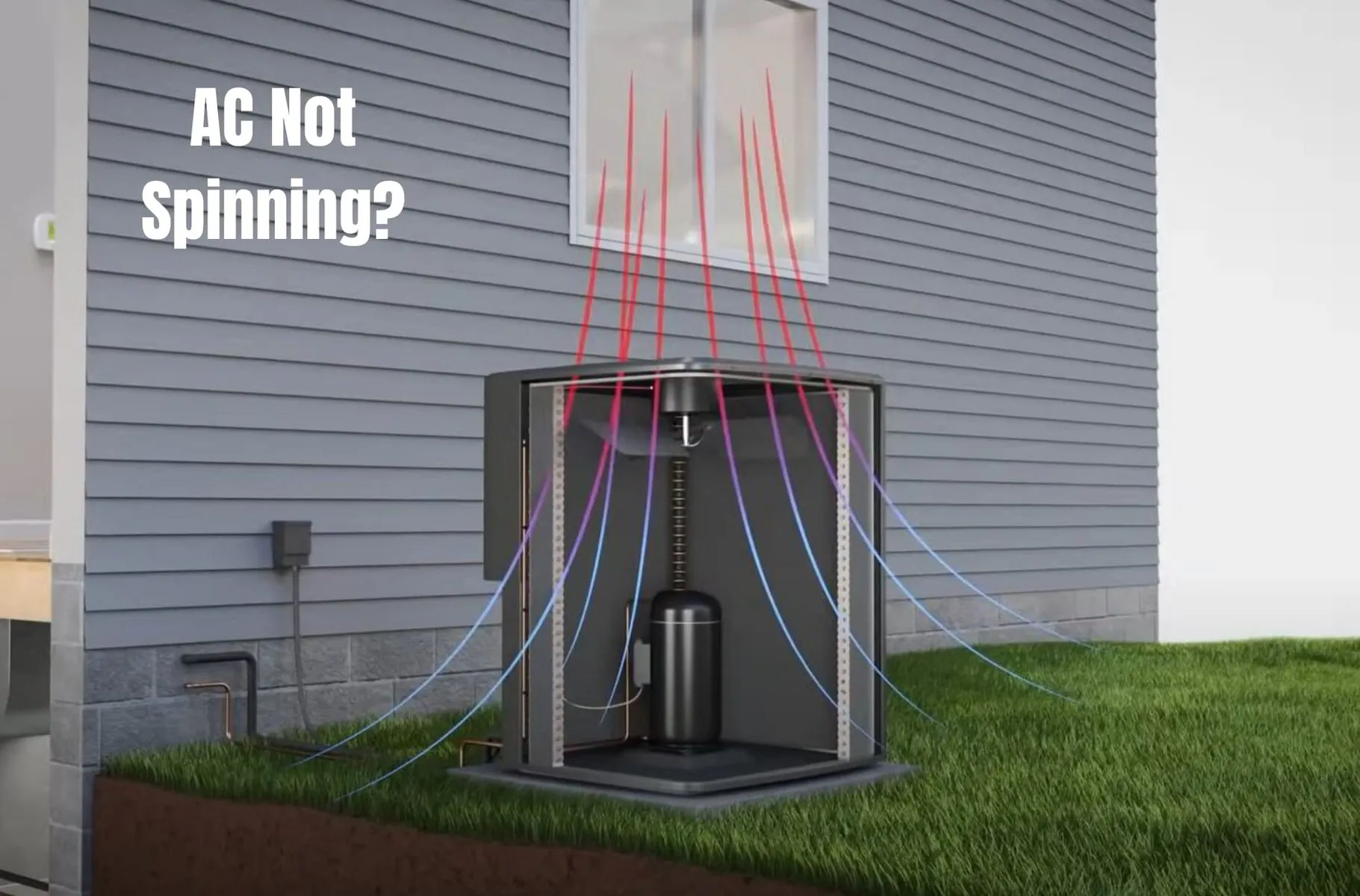
Credit: airandenergynwfl.com
Looking At The Contactor
Is your AC unit’s fan not working? One potential culprit could be the contractor. The contactor is a switch that controls the flow of electricity to the fan. Understanding its role can help you diagnose the issue.
Contactor Malfunction
A malfunctioning contactor can cause your fan to stop working. This switch can wear out or get stuck. When this happens, it fails to provide power to the fan motor.
Look for signs of damage or wear on the contactor. Burnt marks or a melted appearance indicate a problem. Listen for a buzzing or humming sound from the contactor. This noise suggests it’s trying to engage but failing.
Testing The Contactor
Testing the contactor involves checking for continuity. You can use a multimeter for this task. Follow these steps:
- Turn off the power to the AC unit.
- Locate the contactor in the control panel.
- Set your multimeter to the continuity setting.
- Touch the probes to the terminals on the contactor.
- If you hear a beep, the contactor has continuity.
If the contactor lacks continuity, it may need replacement. Always handle electrical components with care. Seek professional help if you’re unsure.
Checking and testing the contactor can solve many fan issues. Keeping the contactor in good condition ensures your AC unit runs smoothly.
Cleaning The Air Filters
If your AC unit’s fan is not working, the issue might be dirty air filters. Cleaning the air filters is an easy fix. Dirty filters block airflow and cause problems. This section will guide you through the steps.
Filter Blockages
Air filters trap dust, dirt, and debris. Over time, they get clogged. Blocked filters stop air from flowing. This makes the fan work harder. It can even make the fan stop. Check your filters if the fan is not working.
| Signs of Blocked Filters |
|---|
| Weak airflow |
| Dust around vents |
| AC unit making noise |
Replacing Filters
Sometimes, cleaning the filters is not enough. Replacing the filters might be the best option. Here are steps to replace them:
- Turn off the AC unit.
- Remove the old filter carefully.
- Check the size and type of the filter.
- Buy a new filter that matches.
- Install the new filter in the same direction.
- Turn on the AC unit.
New filters ensure good airflow. They help the fan work well. Regular filter replacement keeps your AC efficient.
When To Call A Professional
Sometimes, fixing an AC fan requires an expert’s touch. Knowing when to call a professional can save time and money. Here are crucial times to get expert help:
Complex Electrical Issues
AC units have intricate wiring systems. Electrical issues can be very dangerous. If you notice burnt wires or tripped breakers, call a professional.
Professionals handle these problems safely. They have the right tools and knowledge. Never attempt to fix these issues yourself.
Persistent Problems
Does your AC fan keep stopping? Or perhaps it makes strange noises? These are signs of persistent problems.
- Frequent fan stoppages
- Unusual noises
- Inconsistent airflow
If these issues persist, it’s time to call a professional. They can diagnose and fix the root cause.
Experts ensure your AC runs smoothly. They prevent future problems. This saves you money in the long run.
| Issue | When to Call |
|---|---|
| Burnt Wires | Immediately |
| Fan Stoppages | If frequent |
| Strange Noises | If persistent |
| Inconsistent Airflow | Consistently |
Knowing when to call a professional helps you avoid bigger problems. It keeps your home cool and comfortable.
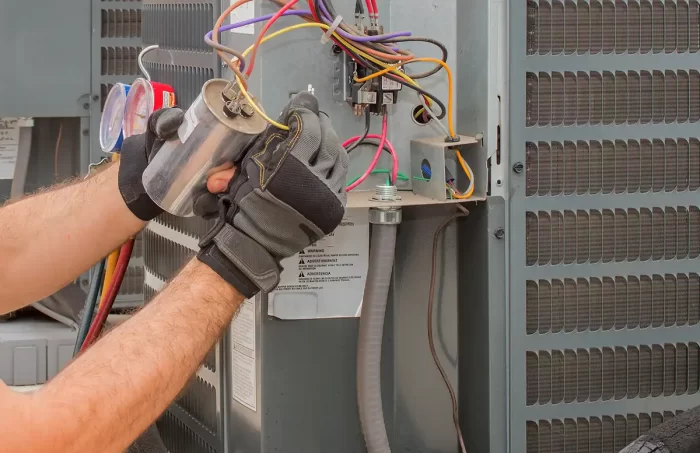
Credit: reddihvac.com
Frequently Asked Questions
Why Is The Fan Not Blowing On My Ac Unit?
The fan might not blow due to a tripped breaker, faulty motor, or clogged air filter. Check these components.
Is It Okay To Run Ac If The Fan Is Not Working?
No, it’s not advisable to run the AC if the fan isn’t working. This can cause overheating and damage the unit.
Why Is My Ac Outside Unit Fan Not Turning On?
Your AC’s outside unit fan may not turn on due to a tripped breaker, faulty capacitor, or motor issues. Check power supply and components. For complex problems, contact a professional technician.
Conclusion
Addressing a non-working fan in your AC unit can prevent larger issues. Regular maintenance is crucial. Ensure proper inspections to avoid costly repairs. Simple checks might solve the problem. Always consult a professional for serious concerns. Keeping your AC in top condition ensures comfort and efficiency.
Stay cool and proactive!

